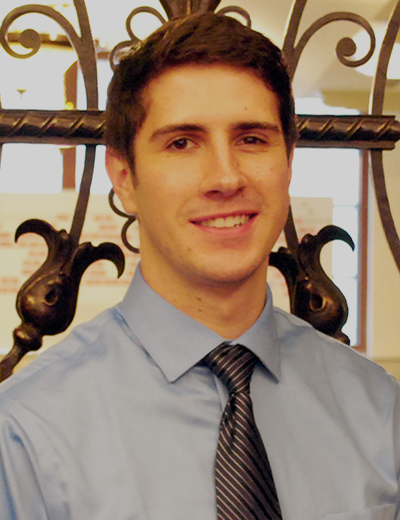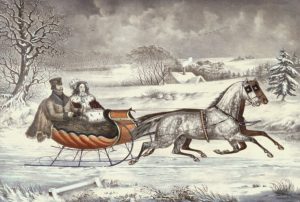As a family historian, you can’t help but love the holiday season. It’s a time for reconnecting with extended family, and an excellent opportunity to share everything that you have learned about your ancestral past. With a bit of tact, you can engage your relatives in genealogical discussions, coaxing out anecdotes that flesh out your research. To that end, I have assembled a list of some of my favorite holiday genealogy dos and don’ts.
Explaining DNA Testing…
It’s the big thing in genealogy right now, and there are a lot of good deals on DNA kits floating around online. The more family members you have tested, the larger and clearer the results will be.
Do: Assure your relatives that their genetic information will not affect their insurance coverage, nor be entered into a police database. Before she was tested, my grandmother had been concerned that her DNA might be used someday to incriminate one of her descendants.
Don’t: Attempt to extract your relative’s DNA from the fork they used to eat their dessert. It’s unsanitary, and Aunt Irene counts the silverware after everyone leaves.
Do: Play down the accuracy of the ethnicity pie chart before your relatives begin appropriating cultures. Scandinavian Christmas sounds fun until Uncle Bill shows up in a rented Viking costume.
Sharing what you’ve learned…
As family historians, it is our duty to ruin dinner conversation with the tales of our most recent discoveries. We also know that the dinner table is the best setting because the promise of food keeps people from walking away in the middle of the conversation.
Do: Highlight that successful trip to the archives. Don’t forget to mention where it was, how hard it was to find parking, and how many pages you could copy before they started charging.
Don’t: Bring your photograph collection. Mashed potato is difficult to get off a tintype, and next to impossible to get off a cabinet card.
Do: Be careful when discussing consanguinity. Yes, some branches of our family tree grow narrower instead of wider. An important part of studying history is not forcing twentieth- and twenty-first-century values and conceptions onto our ancestors. If your ancestry extends back to eighteenth- and nineteenth-century rural Quebec, you might avoid bringing this topic up at all.
Preparing for the future…
Remember, someone might be researching you someday. Create a paper or electronic record. The holidays are a good opportunity to get family stories in writing.
Do: Listen and record the different ways your relatives tell the same story. Like a good pie, the sum is often greater than the parts.
Don’t: Discuss estate planning and the distribution of family heirlooms. It is a strange quirk of human nature that some people don’t like to discuss what will happen to their belongings after they die. Your relatives already know that you are interested in anything with “sentimental” value. That’s how you will end up with Aunt Irene’s silverware.
But really…
Do: Be grateful for all the time you spend with family and friends this holiday season!
Share this:

About James Heffernan
James earned his BA in history at Boston College. Before joining the NEHGS team, he worked in the conservation department of the John J. Burns Library at Boston College and the research library at Plimoth Plantation. Propelled by his interests in genealogy and history, James spent a semester abroad at Jagiellonian University in Krakow, Poland. In addition to Slavic history, he is very interested in the history of Colonial America and 19th century Massachusetts.View all posts by James Heffernan →
